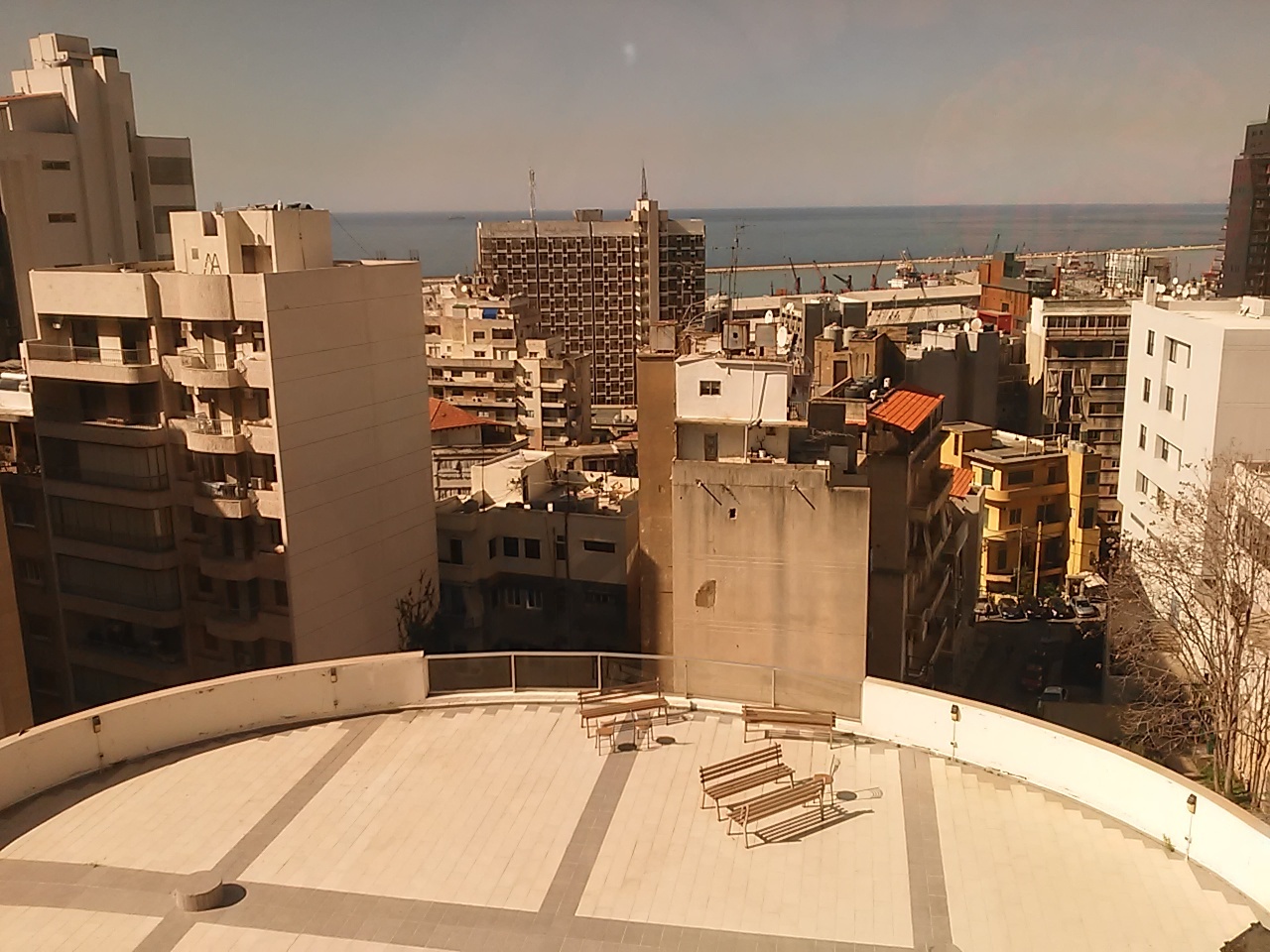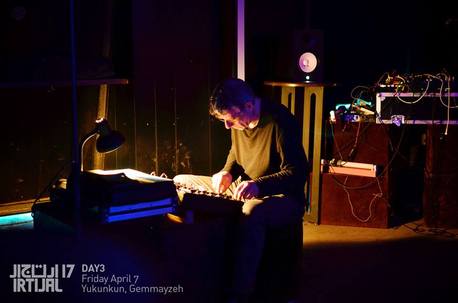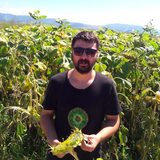Written by:
Share article:
Improvisation
I have never been to Lebanon before and now, after my first trip there, I feel I know even less about the Arab world and its people than before. The more you know, the less you understand.
´How are the people there? ´ a friend is asking me. I just caught one line of Lebanese WiFi signal at the hotel and as I´m trying to reply, I realize that the keyboard of my ´smart´ phone just got broken and I can´t type anything anymore. The only thing I could eventually reply is ´:)´.
Five days later I keep thinking about this question and I can assume that still, being an European nowadays has to deal a lot more with fabricating an own identity and using preconceptions as tools for thinking than it used to in the past. You need to have categories, ranks, complex schemes of rating systems, control, ideas about the world, and ideas about control. The exoticism of the Middle East, of poverty, the induced fear of Muslims and the constant urge of being politically correct has made Europeans lose the battle with themselves, struggling to shape an own identity.
I am in Beirut with buddy Scoro for the Irtijal festival, an event I´ve been trying to attend for some years but never had the chance to. A couple of hours after we left our belongings at the hotel, we´re sitting on a bench somewhere central, having a beer. It´s unsurprisingly hot outside. The coffee is good; or at least the one I slowly sipped from very small cups, on several occasions. Time has absolutely no meaning when you don´t pay attention to it. It doesn´t exist at all, since it is linked and absorbed by each and everyone´s own perception.
While we´re enjoying all the little things that an observer trapped in the tourist condition could enjoy in his first hours in a new town, the guards are carrying their automatic rifles as if they take their dogs for a walk outside the Beirut International Airport. Here, a Kalashnikov seems like a natural accessory to any 20 something youngster that controls and directs the car traffic. I never carried a weapon, never touched one, I guess, and I’m thinking of becoming one. And now I see it 40 cm in front of me, in all its grandeur. The weapon is shiny and clean. It opens up in my mind a tiny Pandora’s Box of multiple views and aspects of Death. I assume that here you think of Death differently than back home. This awareness of Death can remodel the social common thinking and turn people into more natural, honest and true human beings, especially in the countries that had to suffer various forms of oppression throughout their history.
Irtijal, meaning improvisation in Arab, has become over the years a secret fountain of sound for the cultural life of the city. Its founders are all musicians; if they are not or don’t want to admit that, at least we can say for certain that music plays a big role in their lives. The need for evolution and innovation in sound as well as the struggle of overcoming boundaries and stereotypes is an obvious key element in these gentlemen’s minds. The festival itself started with a radical attitude towards music, which naturally led later to creating a good environment for experimentation with new prospects of sound.





